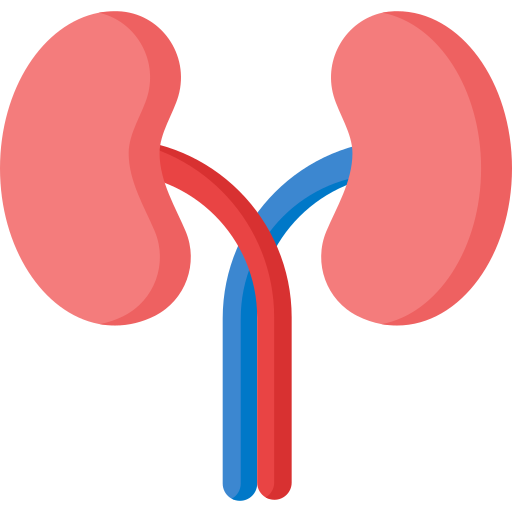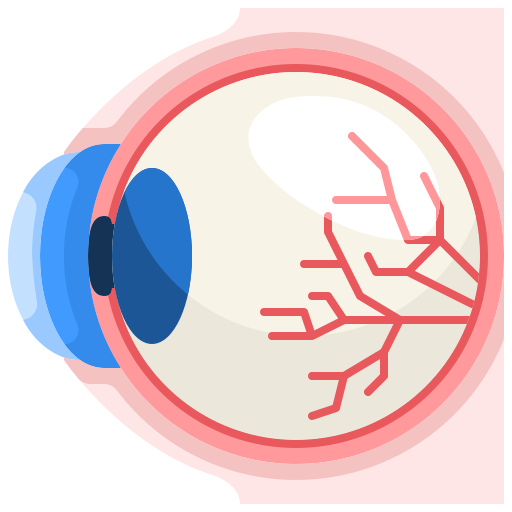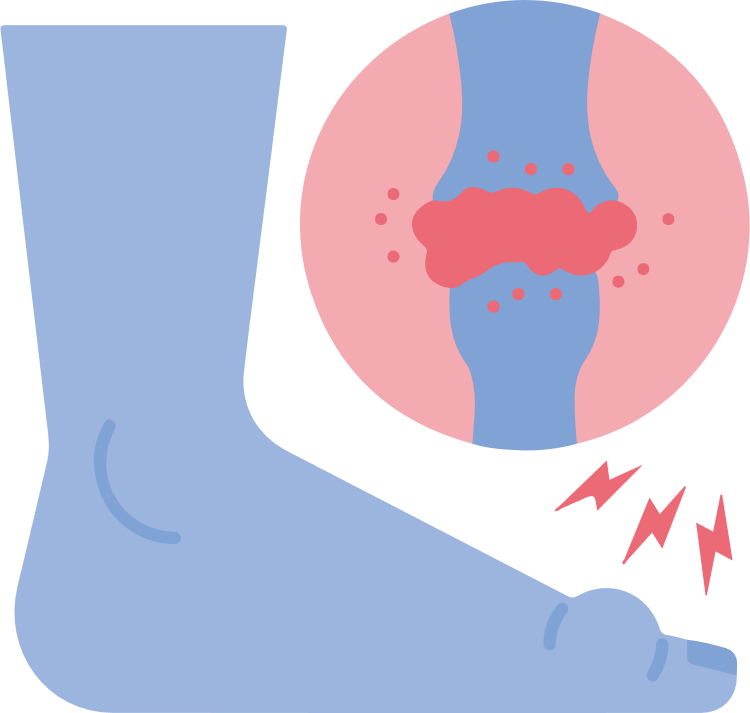Metabolomics, a cutting-edge analytical approach, is reshaping industries and scientific domains. From advancing drug development to revolutionizing agricultural practices and enhancing animal health, this technology empowers innovation, sustainability, and informed decision-making. By decoding metabolic signatures, it unveils molecular insights into diseases, environmental dynamics, and food quality, while offering solutions for the challenges of a changing world. Explore how metabolomics is unlocking the secrets of our biological, agricultural, and environmental landscapes, and ushering in a new era of discovery.
Explore the potential of metabolomics to revolutionize drug development. Leveraging cutting-edge analytical techniques, we unravel the intricate metabolic pathways and identify biomarkers, expediting drug discovery and optimizing therapeutic interventions.
- Biomarker Discovery: Metabolomics aids in the discovery of specific metabolic markers, providing valuable insights into drug effects on metabolic pathways.
- Pharmacokinetics (PK) and Pharmacodynamics (PD) Studies: Metabolomics helps to understand drug metabolism (PK) and their impact on metabolic pathways (PD), facilitating dose optimization.
- Toxicology Assessment: Metabolomics is employed for early toxicity assessment, enhancing decision-making in drug development.
- Metabolite Profiling: Metabolomics offers a comprehensive profile of drug-induced metabolites, aiding in mechanistic understanding and safety assessment.
- Lead Compound Selection: Metabolomics assists in selecting promising lead compounds through metabolic stability analysis.
- Formulation Optimization: Metabolomics optimizes drug formulations for improved bioavailability and efficacy.
- Disease Pathway Exploration: This sub-project explores disease-related metabolic pathways, potentially leading to new drug targets.
- Drug-Drug Interactions: Metabolomics identifies potential drug interactions, crucial for patients on multiple medications.
Harness the power of metabolomics for groundbreaking advancements in biomedical research. Uncover the molecular underpinnings of diseases, decode metabolic signatures, and gain deep insights into human health, enabling innovative approaches to diagnosis and treatment.
Elevate your agricultural practices with metabolomics. By scrutinizing the metabolic profiles of crops and soil, we enhance crop yield, quality, and disease resistance. Unleash the potential of metabolomics to foster sustainable and efficient agricultural systems.
- Crop Metabolomics: Investigate the metabolic profiles of crops to enhance yield, quality, and disease resistance. Utilize metabolomics to develop sustainable agricultural practices.
- Soil Metabolomics: Analyze soil metabolic composition for optimized nutrient management and improved soil health, ensuring long-term agricultural sustainability.
- Plant-Microbe Interactions: Explore the metabolic interactions between plants and microbes to develop innovative strategies for pest control and crop protection.
- Food Safety Assessment: Ensure food safety through the examination of metabolic signatures in agricultural products. Detect contaminants, pathogens, and adulterants with precision.
- Drought and Stress Response: Investigate plant metabolic responses to environmental stressors, facilitating the development of drought-resistant and stress-tolerant crops.
- Metabolomics in Precision Agriculture: Implement metabolomics for data-driven decision-making in agriculture. Optimize resource allocation and crop management for increased productivity.
- Metabolic Engineering for Crop Improvement: Apply metabolomics to genetically modify crops for improved nutritional content, resistance to pests, and environmental adaptability.
Empower veterinary science with metabolomics. Unlock the metabolic secrets of animals for improved diagnostics, disease monitoring, and precision treatments. Enhance the well-being of animals with our innovative metabolomics solutions.
- Disease Biomarker Discovery: Identify specific metabolic markers in animals for the early detection of diseases, improving animal health management.
- Metabolic Profiling in Livestock: Analyze the metabolic profiles of livestock animals to enhance their well-being, productivity, and disease resistance.
- Companion Animal Metabolomics: Study the metabolic profiles of pets and companion animals to understand their unique metabolic needs and health conditions.
- Wildlife Conservation: Apply metabolomics to the study of endangered species, aiding in conservation efforts and the understanding of wildlife health.
- Metabolomics in Equine Health: Investigate the metabolic nuances of horses, optimizing their health, performance, and well-being.
- Metabolomics in Aquatic Animal Health: Examine the metabolic responses of fish and aquatic species to environmental changes and disease challenges, contributing to aquatic animal health management.
- Metabolomics in Zoonotic Disease Research: Investigate the metabolic interactions between animals and humans, particularly in zoonotic diseases, to prevent cross-species disease transmission.
Reveal the hidden dynamics of our environment through metabolomics. Examine the metabolic responses of ecosystems and organisms to environmental changes, offering critical insights into climate impact, pollution, and biodiversity conservation.
- Ecosystem Metabolomics: Study the metabolic profiles of entire ecosystems, helping to understand and monitor the effects of environmental changes and disturbances.
- Metabolomics in Soil Health: Analyze the metabolic composition of soil to assess its health, nutrient content, and sustainability for agriculture and ecosystems.
- Water Quality Assessment: Use metabolomics to evaluate the metabolic responses of aquatic ecosystems to pollution, contributing to water quality management and conservation efforts.
- Environmental Toxicology: Investigate the metabolic impact of environmental contaminants on organisms, aiding in the assessment of toxicity and the development of mitigation strategies.
- Climate Change and Biodiversity: Explore the metabolic responses of species to climate change, providing insights into how ecosystems adapt or face challenges due to shifting environmental conditions.
- Metabolomics in Air Quality Research: Study the metabolic responses of organisms to air pollutants, contributing to research on air quality and its impact on health and the environment.
- Bioremediation and Metabolomics: Apply metabolomics to bioremediation efforts, understanding how microorganisms and plants metabolically process pollutants and contribute to environmental cleanup.
Enhance food quality and nutrition with metabolomics. Analyze the metabolic composition of foods, trace nutritional content, and ensure product safety. Utilize metabolomics to drive informed decisions in the food industry.
- Food Quality Assessment: Utilize metabolomics to assess the quality, safety, and authenticity of food products, ensuring consumers receive high-quality foods.
- Nutrient Profiling: Analyze the metabolic composition of various foods to provide detailed information about their nutritional content, aiding in dietary planning.
- Metabolomics in Dietary Research: Investigate the metabolic effects of different diets on human health, offering insights into personalized nutrition.
- Food Safety and Contaminant Detection: Employ metabolomics to detect contaminants, additives, and foodborne pathogens in a variety of food products.
- Metabolomics in Agriculture-Nutrition Link: Examine the metabolic impact of agricultural practices on the nutritional quality of food, contributing to sustainable and nutritious agriculture.
- Metabolomics in Functional Foods: Investigate the metabolic effects of functional foods and dietary supplements, providing evidence for their health benefits.
Dive into the mysteries of the oceans with metabolomics. Decode the metabolic intricacies of marine life, study ocean health, and unravel the impact of climate change. Revolutionize your oceanographic research with metabolomics insights.
- Marine Organism Metabolomics: Study the metabolic profiles of marine species to understand their physiological adaptations and responses to environmental changes.
- Ocean Health Monitoring: Analyze the metabolic health of ocean ecosystems to assess their resilience to climate change and pollution.
- Metabolomics in Marine Conservation: Apply metabolomics to the conservation of marine species and habitats, aiding in biodiversity protection and restoration efforts.
- Metabolic Responses to Climate Change: Investigate how marine organisms metabolically adapt to and are affected by changing oceanic conditions, providing insights into climate impact on ocean life.
- Metabolomics in Harmful Algal Bloom Research: Examine the metabolic activity of harmful algae to predict and mitigate harmful algal blooms, safeguarding aquatic ecosystems and human health.
- Biochemical Oceanography: Explore the metabolic interactions between marine microorganisms and their impact on carbon and nutrient cycles in the oceans.
For Research Use Only. Not for use in diagnostic procedures.













